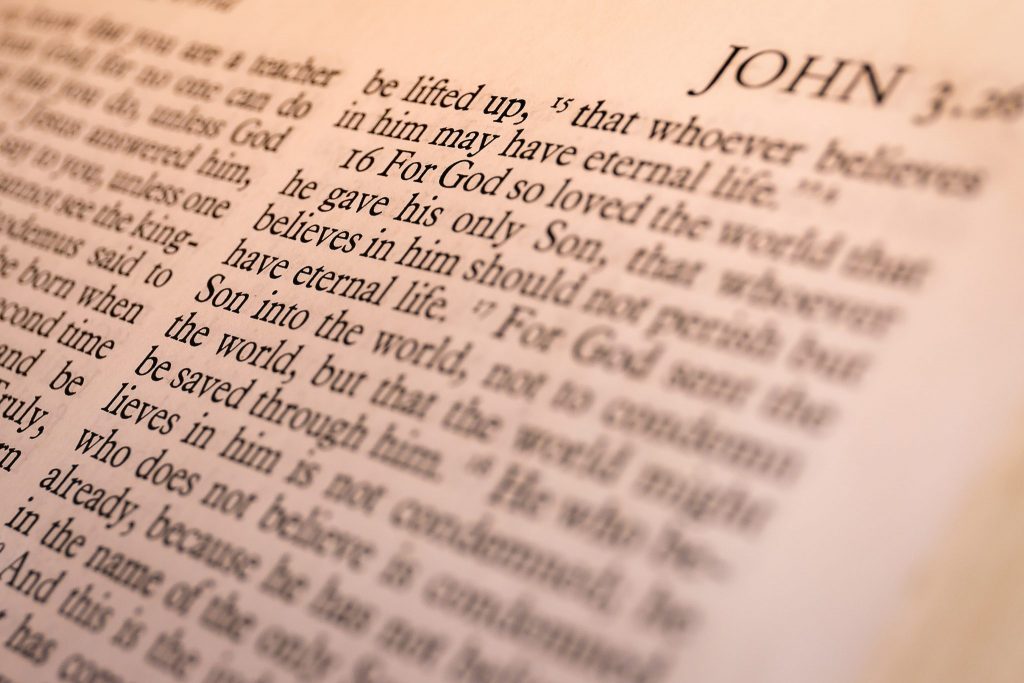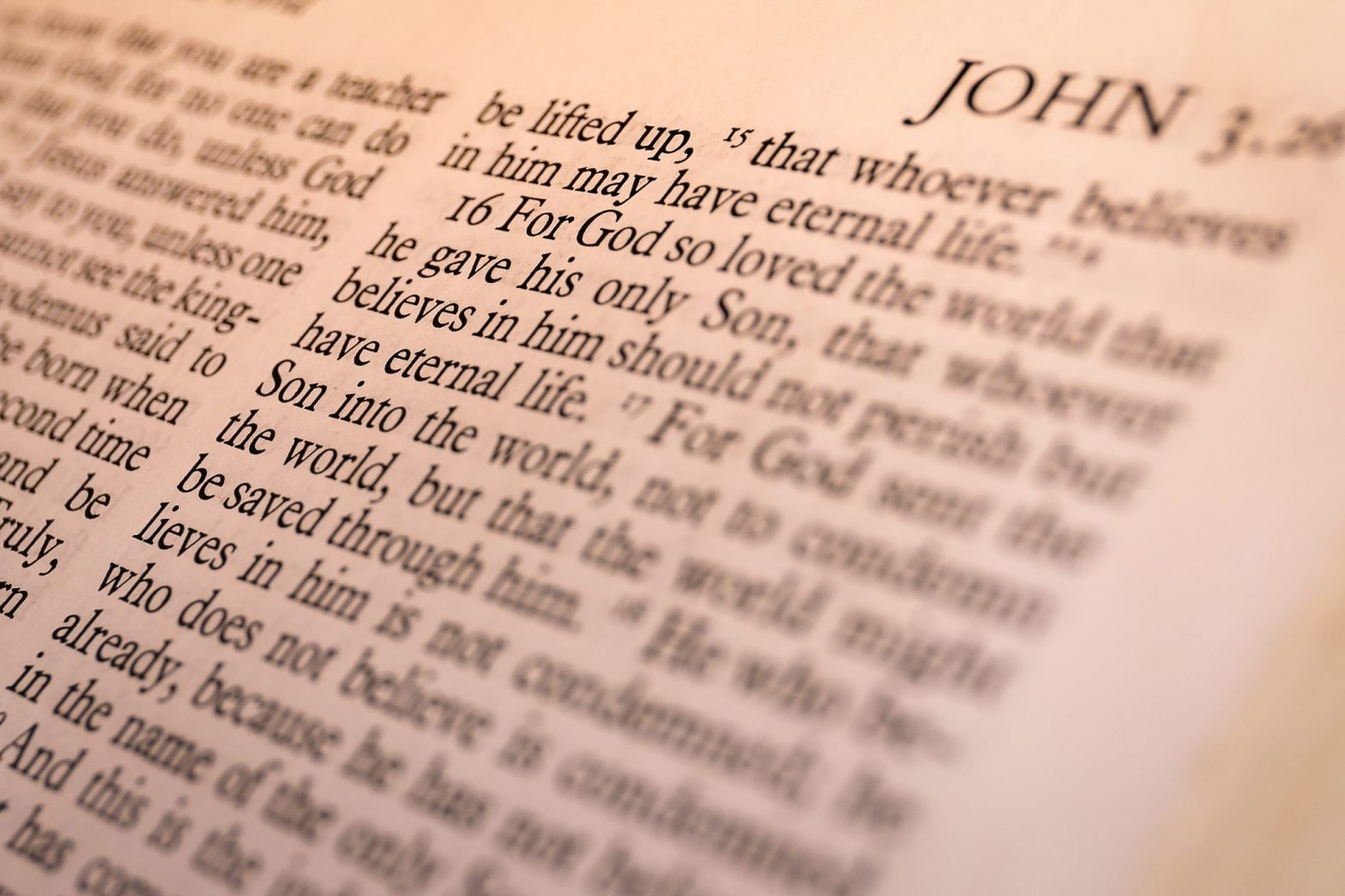
This post was originally published in June 2014. –ed.
The book of 1 John is all about separating truth from error. Specifically, it’s about testing yourself to see if your faith is authentic. And when it comes to defending against the poisonous influence of false teaching, those tests are as vital today as they were when the apostle John—under the inspiration of the Holy Spirit—first wrote them down.
False teaching and teachers were a serious problem for the first-century church. A simple reading of the New Testament indicates that false teachers were everywhere. They infiltrated the church almost immediately after it began, and many of the epistles were written specifically to debunk their lies and address the confusion and damage they caused.
That shouldn’t surprise us. Satan always attacks the truth. He wants people to believe something—anything—other than the truth about salvation through Christ. In the first century the predominant heresy was a mixture of various pagan, Jewish, and quasi-Christian systems of thought heavily influenced by Greek philosophy. It would eventually be known as Gnosticism.
The term Gnosticism comes from the Greek word for knowledge. The general emphasis of Gnostic teaching was special spiritual knowledge. They taught that matter (the physical universe, e.g., the body) was inherently evil while spirit (the spiritual world, e.g., the mind) was good. That division between the spiritual and physical led them to believe that the height of religious activity was carried out in the mind. The body, and what one did with the body, was irrelevant to Gnostic religion. Therefore, Gnosticism was the pursuit of esoteric, mysterious spiritual knowledge, while the body and the physical world were disregarded and ignored.
That philosophical dualism caused them to be indifferent to moral values and ethical behavior. To them, the body and spirit were completely distinct. So much so, in fact, that sin committed by the body had no connection to or effect on the spirit. Obtaining the special, mysterious knowledge allowed a person to totally divorce himself from anything earthly, anything physical, and anything behavioral.
In fact, as long as you had that special knowledge, it wasn’t important that the particulars of your theology were correct. It didn’t matter what you believed about God, Christ, and the Holy Spirit, as long as you had your secret knowledge.
Those ancient lies parallel teaching we frequently hear today. In churches all over the world, we’re still asking people to raise their hands, walk an aisle, sign a card, or pray a prayer to “receive Christ.” They are then assured of their salvation with no regard for how their faith manifests itself in their lives—or how it doesn’t.
Proponents of easy believism and cheap grace are teaching the same fundamental error as the Gnostics—if you say you believe a certain set of truths, how you live doesn’t matter. And in some extreme circles, you can later change your mind to reject those very truths, and still be saved.
But special knowledge doesn’t save you from the penalty for your sins. Mental assent—even to the truth of Scripture—does not make an eternal difference on its own (cf. James 2:19). Faith and repentance is much more than simply changing your mind about God. Believers aren’t merely people who have special knowledge and beliefs about Christ—we’re new creatures (2 Corinthians 5:17), transformed by the work of the Holy Spirit through the Word of God.
The apostle John wrote the book of 1 John to address the threat of proto-Gnostic false teaching, and to give his readers a series of tests to confirm the validity of their professions of faith. Today, those same tests help us see through the false gospel of cheap grace and easy believism, and show us what true, saving faith looks like. And that’s where we’ll pick it up next time.

Republished with permission from Blogs.crossmap.com, featuring inspiring Bible verses about Reviving an Ancient Lie.
